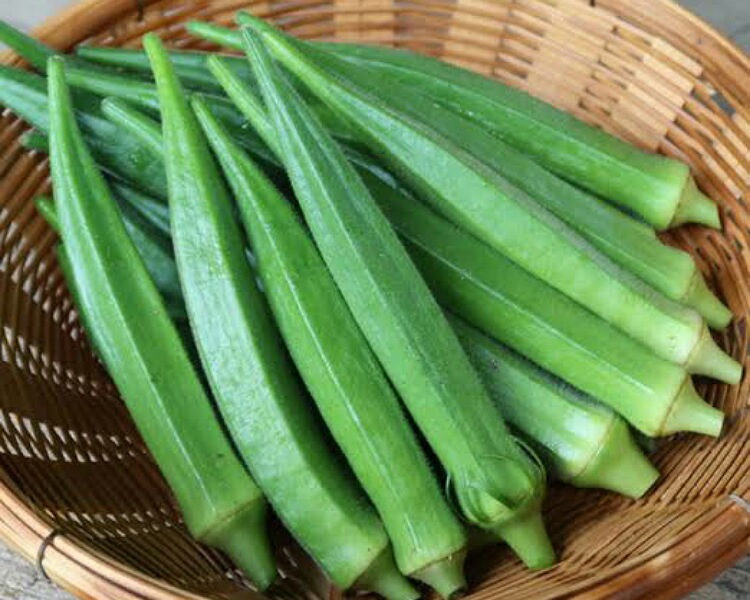Fatty foods are delicious but not healthy. They lead to high blood cholesterol and heart diseases. They increase risk of early deaths.
Which are the foods that are less oily but at the same time tasty?
Fatty foods and blood cholesterol
Humans like to eat tasty. Fats in foods provide the foods with richness and taste. But at the same time, the fats are harmful for the body.
They increase the levels of blood cholesterol and this can clog arteries and cause heart diseases. The high cholesterol levels are also responsible for strokes and deaths.

Unhealthy lifestyles, consumption of fatty foods, and sedentary life style can increase risk of these ailments. One needs to change to a healthier lifestyle to overcome and avoid these problems.
Certain foods assist in keeping blood cholesterol low. Which are these foods? Often less fatty foods lack taste too. Hence which are the foods that have less fats, are healthy and nutritious and at the same time tasty to consume?
Okra: a cholesterol busting food
Rob Carter, founder of fruit and vegetable wholesaler Naturally Best Fresh is in favor of okra as a food to help keep cholesterol in blood low. He states:
“Swap potatoes for okra in everyday meals to reap the cholesterol-busting benefits.”
Rob continues to explain:
“AKA ladies’ fingers, okra contains a healthy gel called mucilage that can help with high cholesterol, according to scientific studies.”
“Polyphenols play a huge role in cholesterol management and dieticians would usually recommend eating colourful vegetables like the aubergiene to reap the benefits.”
“However, okra has higher levels of inflammation-busting polyphenols like isoquercetin and studies have shown they notably help in reducing strokes and heart issues.”

Okra is common in Asian, Brazilian, Middle Eastern and American cuisine but not in food dishes of the UK.
Studies have revealed that okra has pectin. This modifies bile production and reduces levels of cholesterol in the blood. Moreover, okra has a substance similar to gel.
This is mucilage and it gives the vegetable its slimy nature. This binds to the cholesterol in the body and gets excreted out of the body. It takes the cholesterol along with it. Most excretion is via the stools.
More on benefits of okra
Rob opines:
“In comparison to most fruit and vegetables, okra has higher amounts of fibre, protein, vitamin B6 and folate which all help keep cholesterol under control,”
He adds:
“You can grill or fry okra as a tasty side dish or add it to soups if you’re not keen on the taste or texture.”
Read more 5 vegetables that can help reduce high blood cholesterol

100 grams of okra has 33 calories. Fat is just 0.2 grams, very negligible. There is no saturated fat or cholesterol in it. Potassium is 299 mg and sodium just 7 mg. Therefore, it is good for blood pressure control.
The total carbs are only 7 g and sugars a mere 1.5 g. Protein content is 1.9 grams in 100 grams. The dietary fiber is 3.2 grams. It is rich in vitamin C, B6, and magnesium. Iron content is fair. Calcium is present with no vitamin D or B12.
